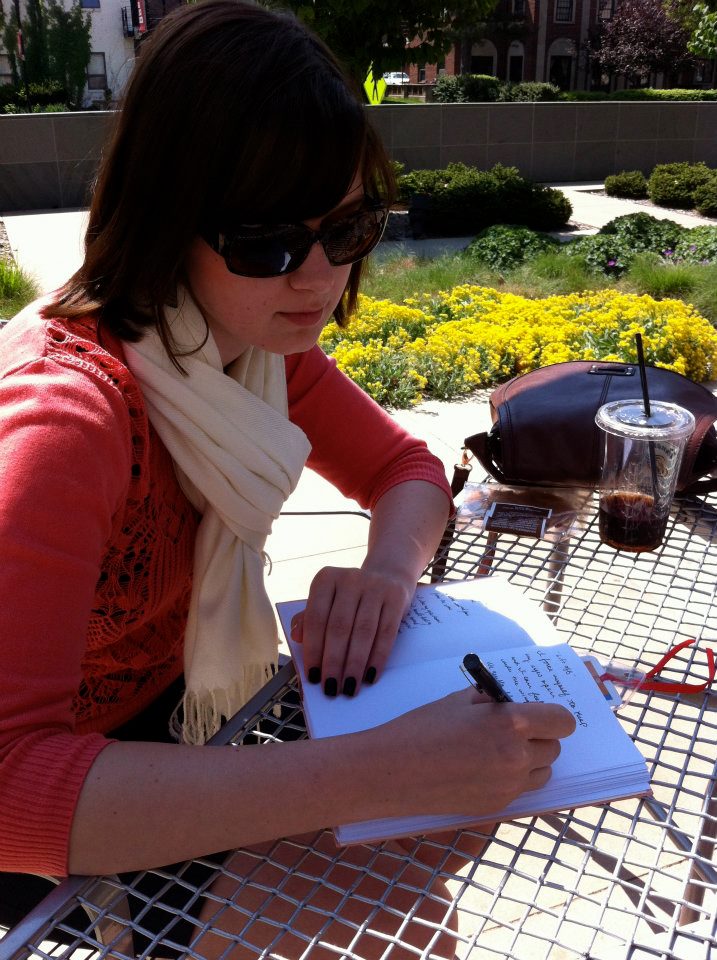
Richard Miller: This Is How We Dream Parts 1 and 2I didn't like that I couldn't see Richard Miller while he was speaking. He didn't explain all of the images flashing by on the screen. I didn't understand how a few of them related. I understand that his presentation was meant to illustrate how we publish our works now, but all of the images began to distract me from what he was saying.
I also don't quite grasp the concept of publishing "using the web itself." He was saying that we didn't need an alphabet and throwing out all sorts of other concepts that were too abstract for me to quite grasp. Did he mean that we didn't need to use the alphabet for our new publications in reference to YouTube? This would make sense. We can just speak our message instead of writing an publishing. The way he worded it just threw me off.
He did make a good point about how much more efficient it is to use the web instead of more traditional methods of publishing because you can reach a much larger audience. I think this points to the fact that we are becoming a global village. I also think it points towards people's willingness to read something or listen to something as long as it doens't take too much time and it's free.
"The Networked Student" by Wendy DrexlerThe concept of connectivism is a little intimidating. I think that it could be used to do projects, but I don't think that it should be the main form of learning in a high school class (especially in the subject I have chosen to teach. English/Lang. Arts). I think that English has to be taught with a little more formal structure and that opinions definitely have their place when it comes to poetry and central themes in a work, but that there is also a time for fact. I am also skeptical of a student's willingness to participate actively in this sort of environment in high school. So many of the students I knew in high school were just there to do the minimum of what was required. I don't think that students like this would be successful in an environment that requires them to take a more active role in the learning process. Maybe that's a good thing though. A system like this could reward students who are willing to go the extra mile.
Michael WeschI think that Wesch's exploration of the word "whatever" is fascinating. I like how he points out how generation after generation in America has become more and more narcissistic and apathetic due to television and other forms of media. I definitely see this in students around me (hopefully I don't behave in a narcissistic manner).
I also thought that the part where he discusses that on YouTube we talk to cameras initially, not to real people. Context collapse being present on the web is so fascinating. Having to publish things that will be seen be the world and that will be seen in replay for who knows how long makes people uncomfortable. They also feel like they can say anything. Anonymity makes people feel like they don't have to react to people on the web in the same way that they would react to people who were in the room with them. I can relate to this. I've joined discussion groups on Facebook where I have opened up and shared my opinion far more than I would have in a face to face conversation.
He raises the question whether we can conquer the narcissistic disengagement by breaking down boundaries and creating a global village on the web. I think we definitely can. I hope that future generations realize that caring about other people is the most fulfilling thing in life. I don't want to teach a room full of students who don't care.






